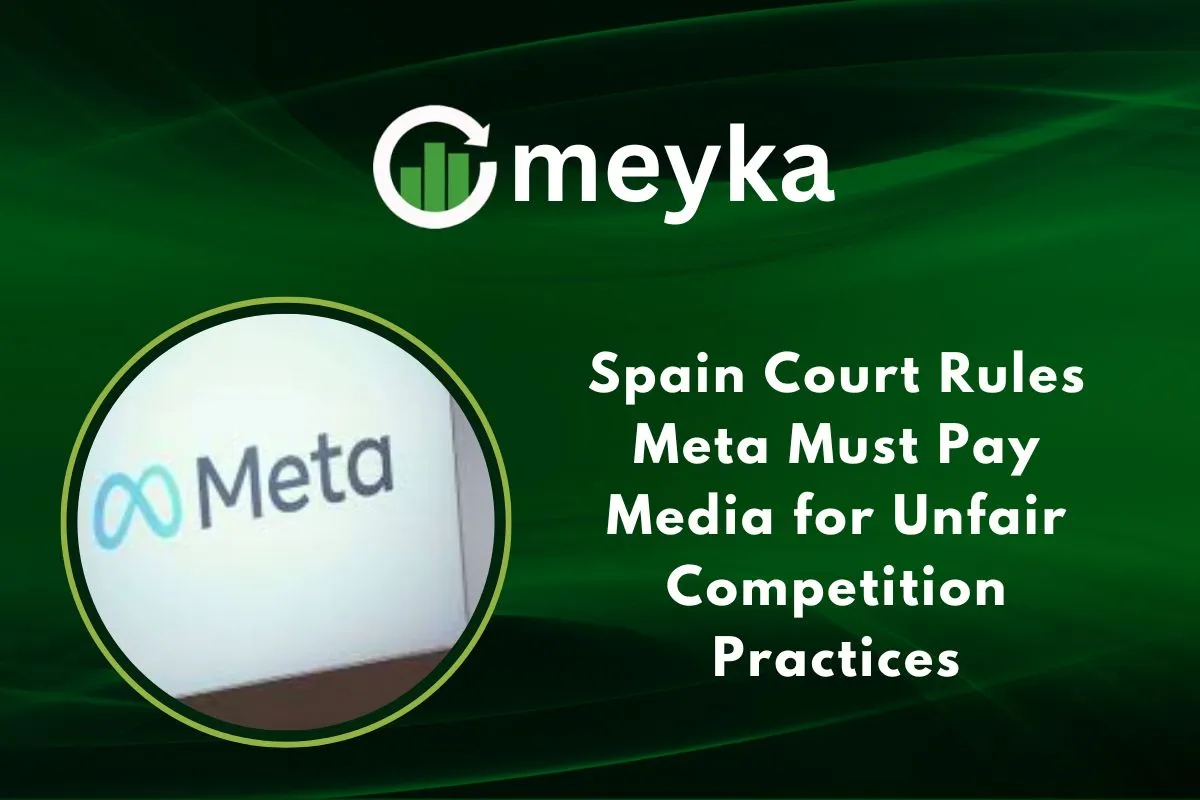Spain Court Rules Meta Must Pay Media for Unfair Competition Practices
We’ve just seen a major development in Europe: a court in Spain has ordered Meta, the parent company of Facebook and Instagram, to pay €479 million to 87 Spanish digital media outlets. The court found that Meta used personal data from its users in a way that broke both data protection laws and competition rules. This isn’t just a fine, it’s a clear message. Big tech platforms can’t sidestep the rules to gain unfair advantages. For media companies, this could be a turning point in how they get paid and how they compete.
Continue Reading on Meyka
This article is available in full on our main platform. Get access to complete analysis, stock insights, and more.
Read Full Article →





